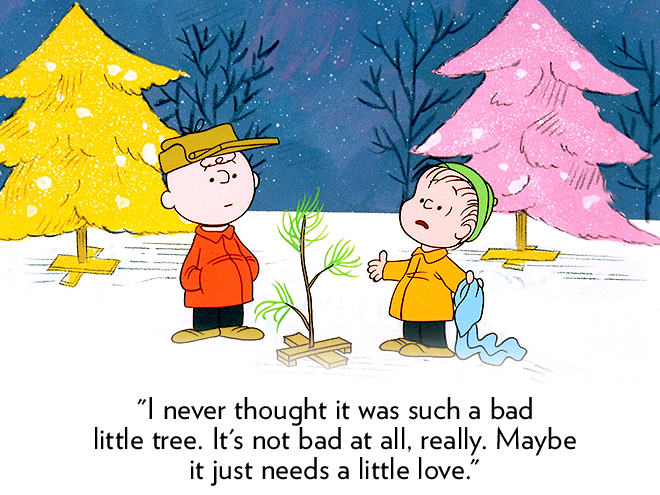I really had no other reason to be at this concert besides who I was sitting next to. He asked and I said yes. Luckily.
I glimpsed (more like studied; the room was silent and there was little else to do besides read since my voice tends to fill most spaces even at their largest) at the program and read, “Schumann: Dichterliebe.†Or I at least read Schumann and had a flashback to curly hair, beautiful professor, Deleuze event, and something about “the Refrain.†Lately, I’ve often forgot how amazing it is to be at the University of Michigan, not because it is amazing
(the Central Student Government silences and oppresses the very students it claims to represent)
but rather because there are a lot of opportunities for class and life and interests to have a real conversation. Namely, there are chances to take what I study and apply it to situations OR I can see what I study “in the real world,†which, as an English and Philosophy student, is sometimes difficult. Tucked behind/beside/near the Aut Bar (some could say a gay bar, family restaurant, or gay studies lab), the Kerrytown Concert Hall is one of the cutest venues I’ve been in and I absolutely love the cozy atmosphere. There is a facade of escape at such concerts, and for me the escape is heightened when the music performed isn’t from this century–it is my form of time travel.
(Since, as I’ve said, campus life is beyond unbearable, and this is coming from a person with almost all agent social identities, i.e., I identify as a white, cis-man, middle class, temporarily able-bodied person . . . . And to see not only the student government act atrociously but also other students stand behind such actions makes me (on the tame side of my emotions) want to never look at this campus again. And then when you pile on my queerness, I’m ready to evacuate immediately and call this campus, more or less, a war zone where a majority of my friends and my community remain unsafe on a daily basis. I would like to travel by any means necessary: time, space.)
As the Schumann started, I realized that I had analyzed (or been in the presence of an analysis of) this very piece’s first movement. For a Deleuze Interest Group event. How did a friend taking me to a concert send me spiralling into the philosophico-musical feels? I don’t know, but it happened.
The song melted away, much like when I oil pull in the morning–it starts of granular? or at least in some conglomeration of solid until it melts into a liquid and congeals in some sort of liquid mass of “detoxification and whitening‖and only solidified, perhaps, when I left the venue, walked away, into my night (a drag show). Chords unfinished continued to haunt me as a queen flashed the audience and I was left agasp not at perfectly sculpted breasts but at Schumann, lurking just behind me, never to be fully seen or taken in.
After a few more songs that helped to fill out the theme of “A Lovers’ Discourse†started, happened, and ended, the pianist/composer/friend-of-my-friend-on-the-left-of-me’s compositions began.
The first. Three Frank O’Hara poems. The second. One Sylvia Plath poem.
Now it is dangerous, as someone who “studies literature,†to attend such events. I have been trained to be a snob, although the training has been undertaken, more often than not, by myself. SO. I obviously have a lot of feels about these two songs.
I think what matters most to me, and to this blog, is not how I felt about the composition itself (which I loved by itself, however, I disliked the tenor singing the lyrics of the poetry since I felt there was a HUGE disconnect between form and content, which could be the point even though I doubt) but how I felt inside of someone’s interpretation of the poetry. Live music is not just something I listen to, but I become the music. It fills my nostrils, it enters my body, and fills, yes, “my soul.”
(My soul aches. I am aching because the Ann Arbor campus, a place I was taught and eventually learned to love in some real way, is parasitic to its most important inhabitants. It is a sad thing for an institution to remain passive when individual, one-off microaggressions happen. It is an unspeakable offense for an institution committed to “social justice and diversity†to enact the very crimes it condemns. The rampant racism, transphobia, ableism, homophobia, sexism is abhorrent. I can only hope the University and its various governing bodies take responses like this one to heart and take responsibility, acknowledge their accountability, and do things (not just say things) to rectify what they’ve done.)
And I hated the interpretation. Though it was refreshing to be in a conversation about poetry without using any words. It was like listening to the most beautiful one-sided debate, and I was the other team refusing to speak.
What is beautiful about this campus may be purely aesthetic. I can study, I can read, I can feel, and then I can go and see things enacted, performed, experimented with by those in or near my community.
Days like today I cling to the aesthetic, sit in my corner, and count the minutes I have left before I can take flight.



